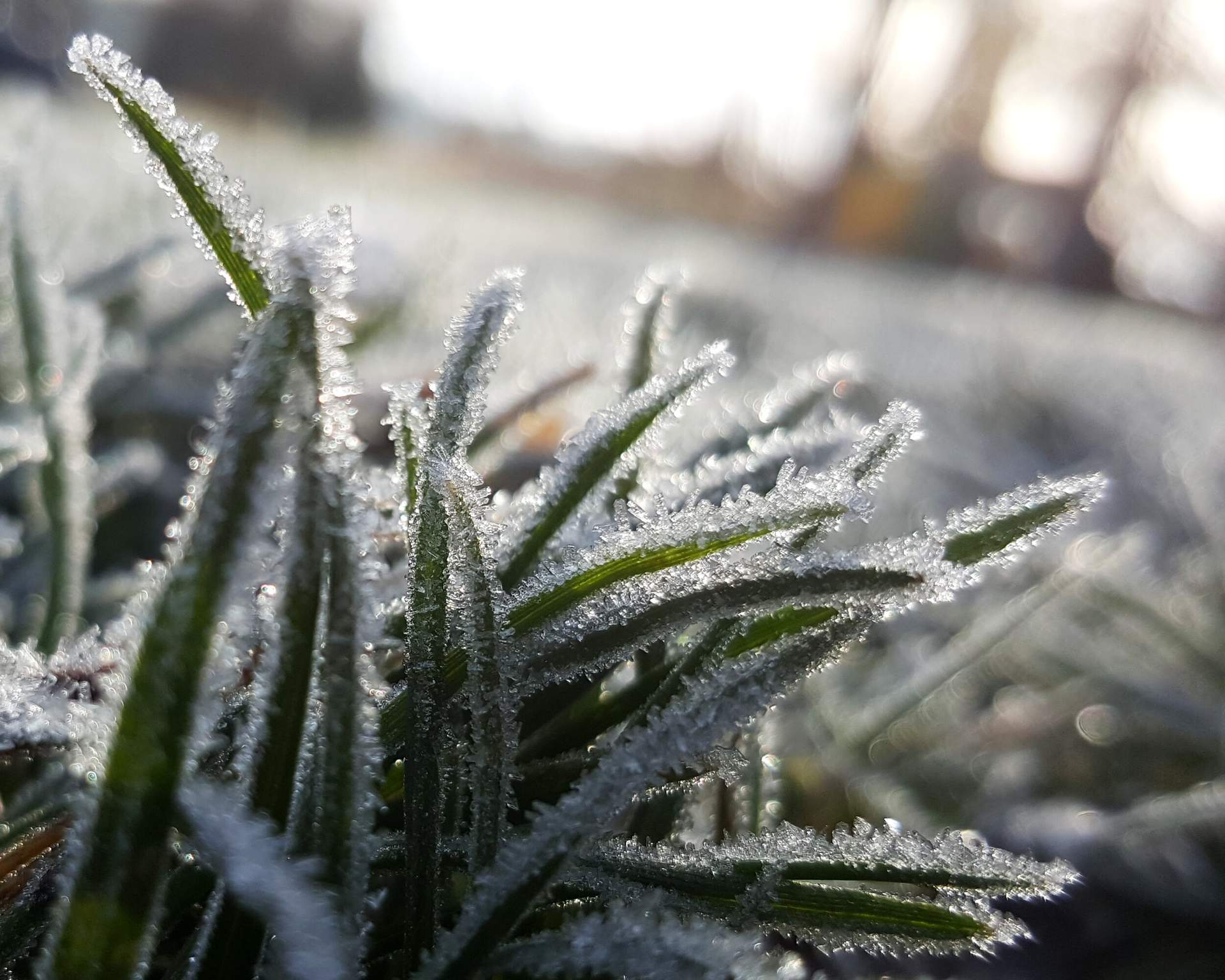
5 THINGS TO KNOW ABOUT FROST DELAYS
By Rick Martin - Superintendent at Shadow Ridge Golf Club
We can all agree it’s frustrating when there’s a frost delay, but let’s look at why we need to hold back on carts or use temporary greens when it's a wee bit nippy in the mornings.
1. Crunchy grass is vulnerable to damage
Most of the time golf turf is resilient to traffic damage but when frost hits, the plants become brittle and vulnerable. Walking and driving on frost-covered turf causes the rupture of the plant’s cells which results in dead turf grass. It can take more than a month for the plant to recover and that’s a long time in a seasonal sport!
2. Location matters
From the window of your home, it may not look like there’s frost on the ground but that doesn’t mean there’s not a frost delay at your club. This is because colder microclimates can hold the frost long after most areas are clear. Low-lying areas, shaded areas and north-facing slopes all can prevent the frost from “letting go”. At Shadow Ridge Golf Club, we update our website constantly with frost delay warnings and approximate wait times.
3. Greens are at high risk for damage
Frost can occur on any part of the golf course but it poses the greatest risk for damage on the greens as they see the largest amount of concentrated traffic. A typical foursome steps approximately 300 times on each putting green; if there’s frost present all these steps are the making of potentially catastrophic damage to the green.
4. A little frost can cause a long delay
There may be no sign of frost at the clubhouse, practice area or even at the first tee but that doesn’t mean it’s “all clear.” Frost is occasionally unavoidable during the early time time slots and your superintendent will have to keep the course closed until he/she is confident the frost will have lifted before the first group hits the course.
5. More light goes a long way
Shaded areas can keep a course closed for longer times than wanted. One way to reduce the chances of frost delay is by pruning and/or removing trees that keep primary areas shaded. This is especially true for holes early in the round. The shade from even a few trees can keep a course closed for an extended period of time and on some days keep the course closed for the day!
How your turf team deals with frost delays:
The course’s superintendent (or senior staff) is typically the most unpopular person on frost delay days as they make the tough call! As the season opens - and closes - keep in mind that frost delays will be a reality. Your superintendent may get creative and re-route your play or have temporary greens ready for you. Know that when they make this difficult call, they’re protecting the turf, the quality and health of the greens and ensuring your long-term play. We want you to have the best possible course conditions as long as the season will have us!
